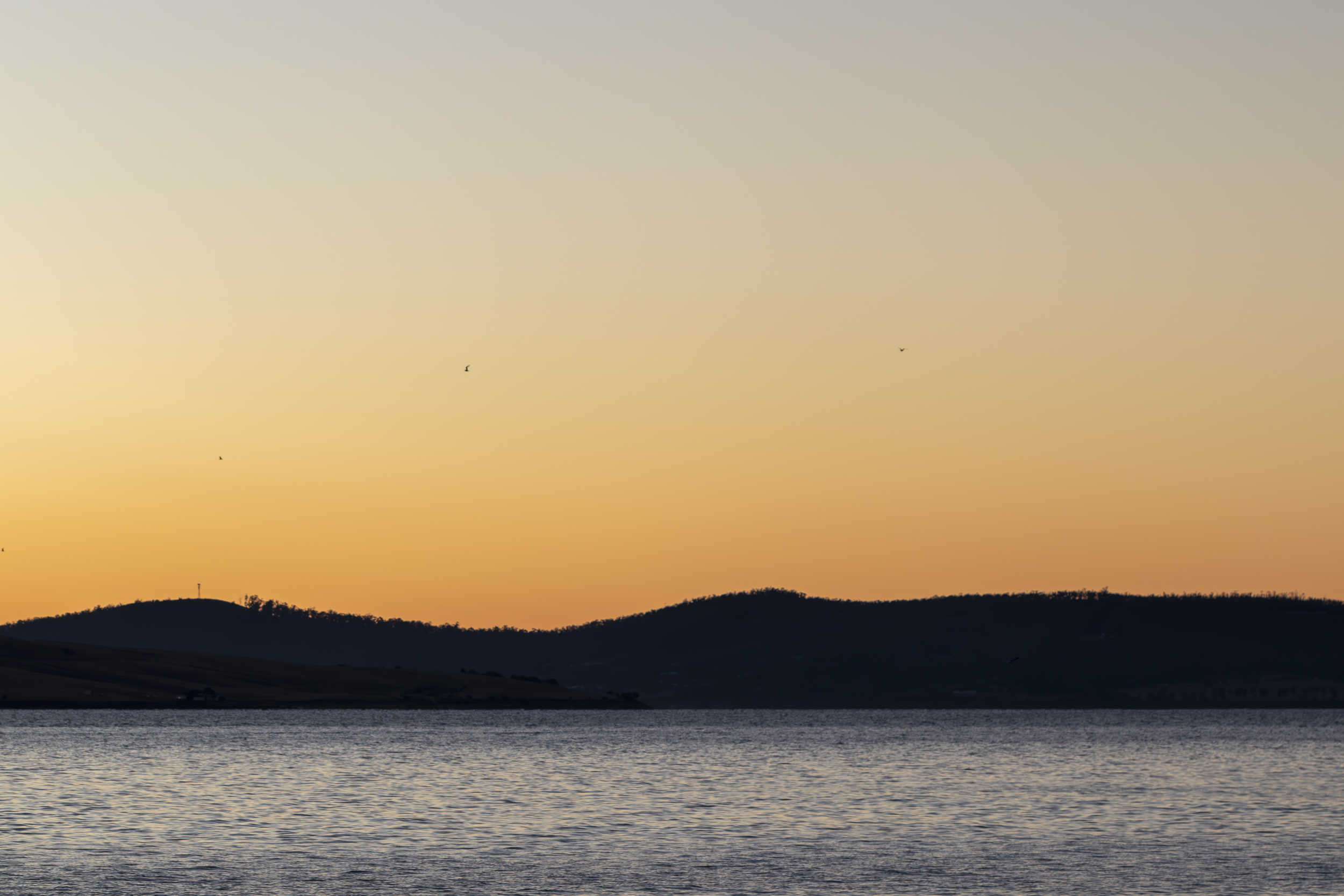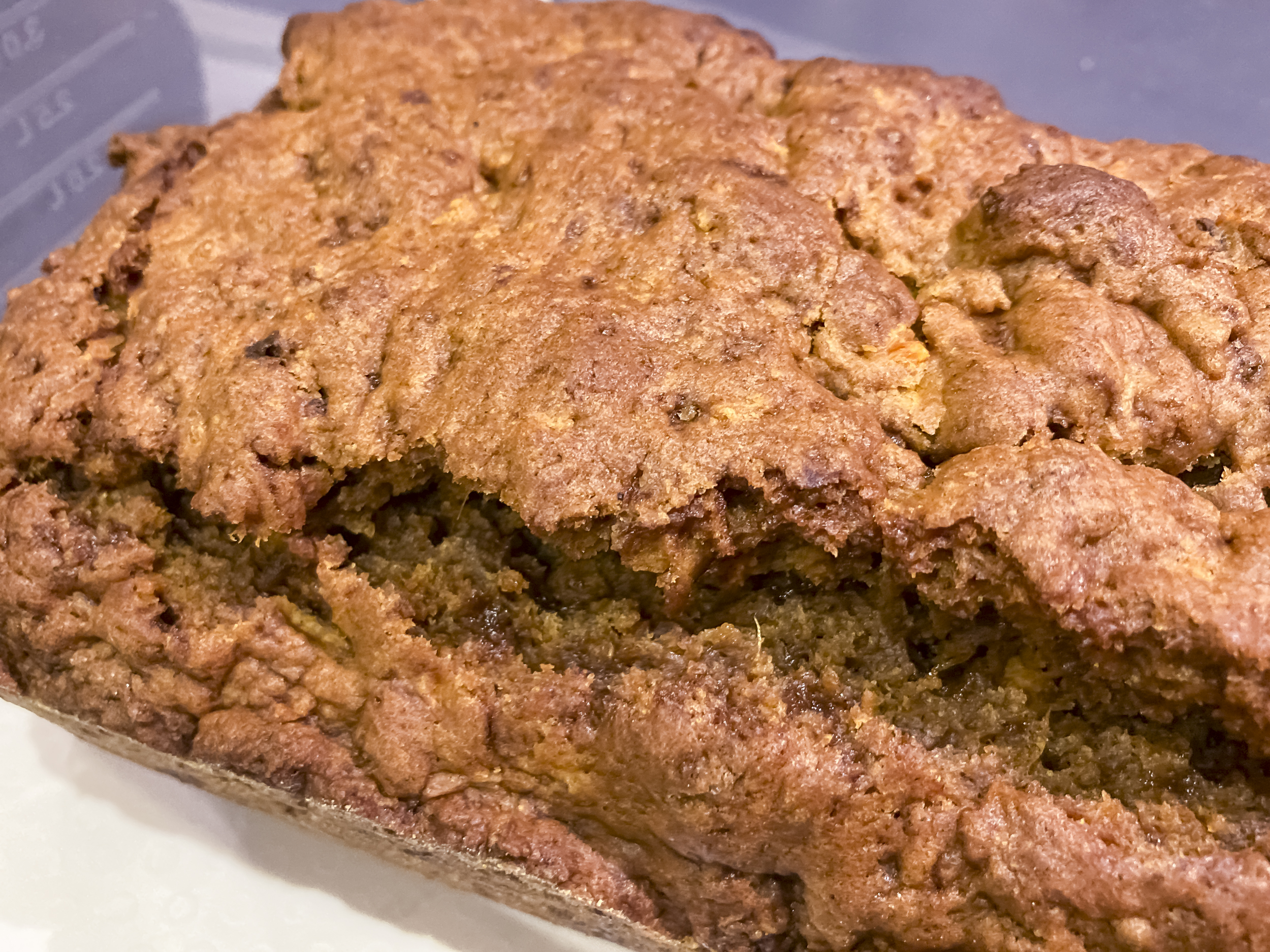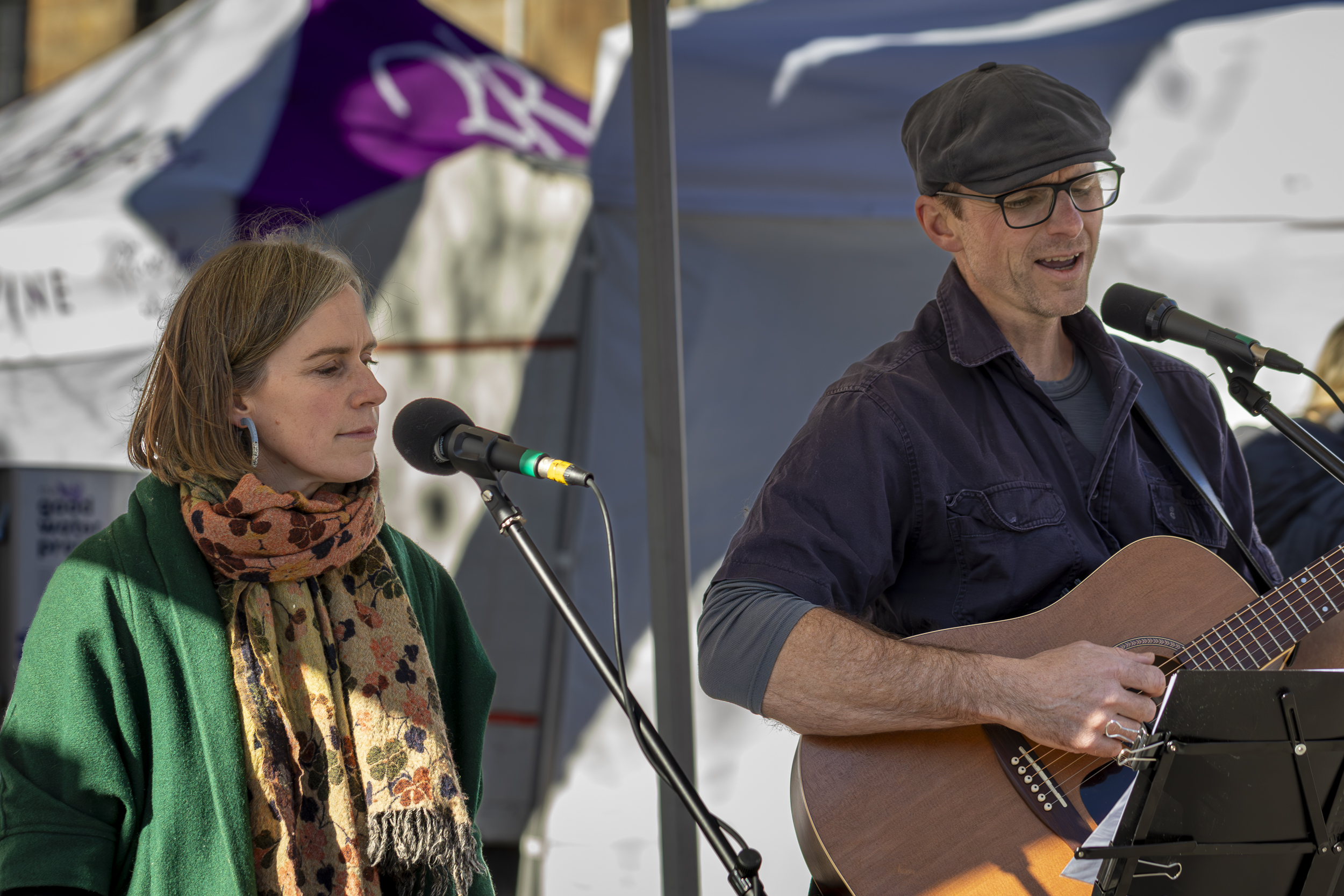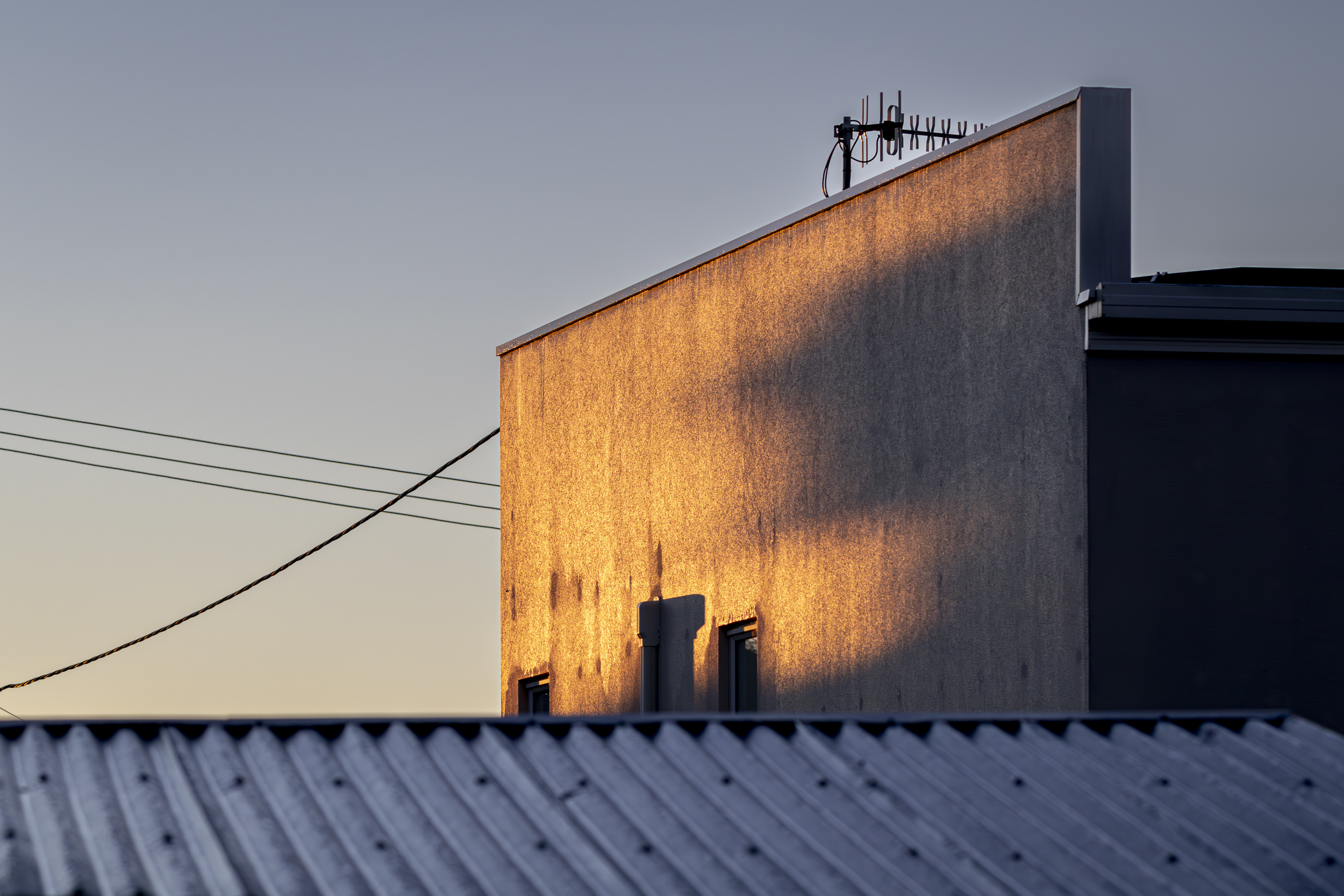Week 27/2024: The depths of winter
Week of 1 July 2024
I felt better this week, and going to bed on time was my main goal. There was also wonderful winter singing and feasting.

Sleep, winter singing and feasting
Sleep and daylight
I wrote a couple of weeks ago about trying to improve my sleep and this has been my main focus since then.
I’ve been gradually bringing my shutdown time closer to 9.00, which is where I want it to be, so I can be in bed before 10.00. Last week it was 9.10 and I left it at that this week just to make sure it was sticking.
So far it is, and I’m very grateful that my latest period of insomnia appears to be over.
For now.
The battle for better sleep
I recently came across this ABC podcast about The Battle for Better Sleep with sleep psychologist (who knew there was such a thing) Dr Melinda Jackson from Monash University, and neuroscientist Dr Stan Rodski, author of The Neuroscience of Excellent Sleep.
Always interested in different ideas, I wondered if they’d have any tips or fun facts I hadn’t already heard.
Of course they did!
Here are a couple of ideas they shared that I’ve been experimenting with.
First up, Melinda suggests refocusing your thoughts before bedtime onto a topic that maintains your attention but isn’t emotionally arousing (super negative or super exciting). Some topics she says have worked for people include
- dismantling your motorcycle and putting it back together
- taking a walk in the park or location you love and paying attention to all the things you can see, hear, smell and touch
- redecorating your house
- creating a new ending for a TV show
- developing plays for your football team
Basically, she says, you can think about anything you can pay attention to but you don’t ruminate on. That means not thinking about that awkward thing you said at a meeting and wished you hadn’t and spent the rest of the day rehashing it and thinking of the two hundred other things you could have said that didn’t make you want the ground to open up and swallow you . . .
Or is that just me?
Stan says the hour before you try to sleep is the most important, so this is when screens need to be off. He says there’s evidence that listening to binaural beats before you sleep can help to create the same brainwaves you get while you’re asleep. He also suggests introducing smells that might induce sleep, such as lavender, in the last hour before bed.
Sleep cycles
The 90-minute sleep cycles we have during the night are evolutionary tools to give us brief periods of wakefulness during the night so we can do a quick environment scan and make sure we’re safe.
Brief periods. Not three hours trying to get back to sleep . . .
These cycles get shallower and shallower over the course of the night until it’s time to wake up. I’ve noticed this on my sleep tracker, and I thought it was some weird thing my sleep patterns were doing but apparently it’s normal.
And, according to Melinda, in pre-industrial times it would be common for people to go to sleep for a few hours, wake up in the middle of the night, get up, do some chores or engage with family members, and then go back to sleep. Insomnia, she says, is something that’s only existed since the industrial revolution when we stopped aligning our sleep with the rhythm of light and darkness.
Fascinating.
And some daylight
In the morning, as I’ve already learned, it’s important to get bright light to help regulate your circadian rhythm and hormones. (Yes, I know. Light. In Tasmania. In winter.) This is something I’ve been making more of an effort to do over the last couple of weeks. I think I read 30 minutes of light is ideal, which is the perfect amount of time for a walk (and means I don’t have to go out in the dark). And I get the movement/exercise I need to get back into my walking habit.
Slowly, slowly.
The final tip is something completely new to me. Stan says when you wake up in the morning, wriggling your toes and fingers stimulates the neurons in the band at the top of your head between your ears. He says firing up these neurons helps you come out of sleep more quickly.
It’s worth a try!
More winter feasting
I usually make my weekly meal plan on Friday evening. I have a list of ideas that I often choose from to try and make this easier on myself so I don’t get completely overwhelmed with all the recipes and meal choices. But sometimes I look at the list and I don’t want anything that’s on there.
This is what happened on Friday, and I turned to Facebook scrolling to distract myself. Like magic, less than 20 seconds later, a post from Honeychild appeared in my feed.
This post contained recipes Toni had shared on ABC radio the previous night.
I hadn’t listened in because of my shutdown time, but Toni was good enough to share her recipes in her post. (And I caught up on the show later.)
HC’s Golden chicken soup
On the radio Toni described this soup as “a remedy cure, seductive, healing”.
Sold.
I made that on Saturday night and it was sooooo good. Sorry, there are no photos. It’s soup. It’s golden. I will make it again.
Caribbean Sweet Potato Bread
This is amazing. Toni says it’s like banana bread but with roasted sweet potato in place of the banana, and Christmas spices. I despise bananas. Give me this any day!
I did remember to take a photo of it, and it was absolutely divine.

A beautiful blend of sweet and spicy. I had to deviate from the recipe because I had no white sugar, and I suspect the brown sugar may have caramelised it and made it darker than it normally would have been. I’m not complaining.
I’ll be making this again too.
Week 27 summary
Habit tracker
- 9.10 shutdown: 7/7 days
- 8,000 steps: 5/7 days
What was the best thing about this week?
This week was Tasmania’s annual celebration of singing, Festival of Voices.
The festival includes a pop-up program, and on Saturday local singers were performing at Salamanca Market. I know a couple of the performers so I changed up my normal weekend schedule and went to watch them.

It was a great day, especially seeing someone who had never sung in public before.
I’m so happy it went well.
What did I notice this week?
Light on the wall of a house

What did I learn this week?
I learned that our little fingers are a lot more necessary than we might think.
Why? Apparently, this finger has a very strong grip and it forms the base of your grip when you’re doing things that need that action.
The circumstances of me knowing this aren’t great, involving a family member needing surgery on a joint in this finger. But when someone told me about the strength of the little finger I needed to know more.
Enter an article called If Kidnappers Chop Off One Of Your Fingers, Here’s Which Finger You Should Sacrifice.
Isn’t the internet wonderful. (This article is from 2013 so I assume it’s not AI-generated fake news.)
The article’s author, Jim Edwards, concludes after consultation with his mother, a retired doctor, that the least important finger is not your little finger. He suggests it’s actually the first (pointer) finger on the hand you don’t use for writing. So this is the one you should offer up to the knife-wielding kidnappers.
However, should the kidnappers want a toe, the case for the sacrificial digit is less clear cut. (See what I did there.)
Jim says researchers at the Royal Liverpool Hospital (in the UK) found that both when you’re walking and when you’re standing, the big toe does most of the job (as you’d expect). The pressure beneath the toes falls off in the order the toes are arranged on your foot, so the little toe does the least amount of work. But, he notes, the researchers didn’t investigate whether the little toes are doing a disproportionately large amount of the work relative to their size and strength, or if there are other consequences of losing that toe.
Jim’s mum reckons the little toe is there for a reason, so Jim concludes you’d be better off letting the kidnappers have the fourth toe on the foot you don’t kick a ball with.
However, the researchers were unwilling to recommend a toe to sacrifice, and conclude that, as the toes play an important part in increasing the weight-bearing area during walking, you should make every effort to preserve their function.
My takeaway from this is that you should probably let the kidnappers have your non-writing hand pointing finger rather than any one of your toes.
Aren’t you glad you know this?
Thanks, Jim’s mum.
What am I reading?
- The Use of The Self by F.M. Alexander